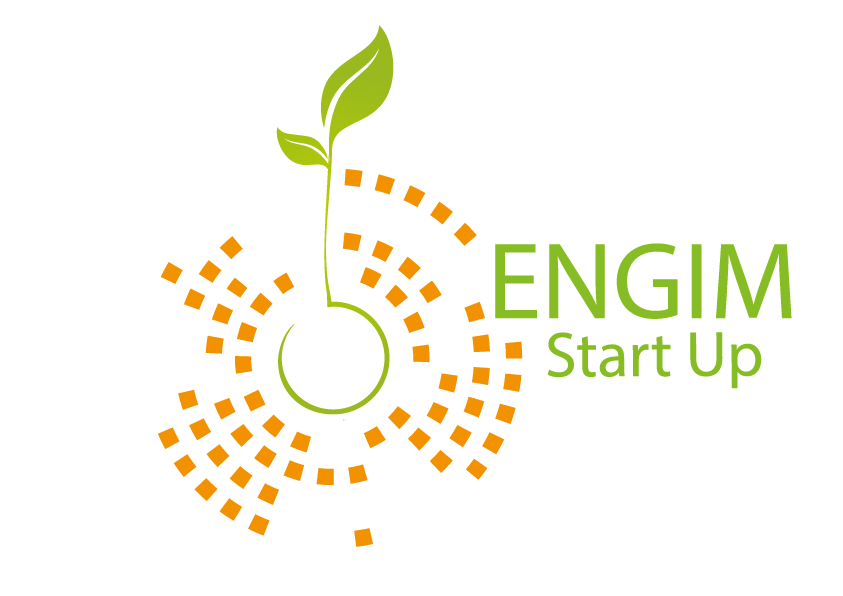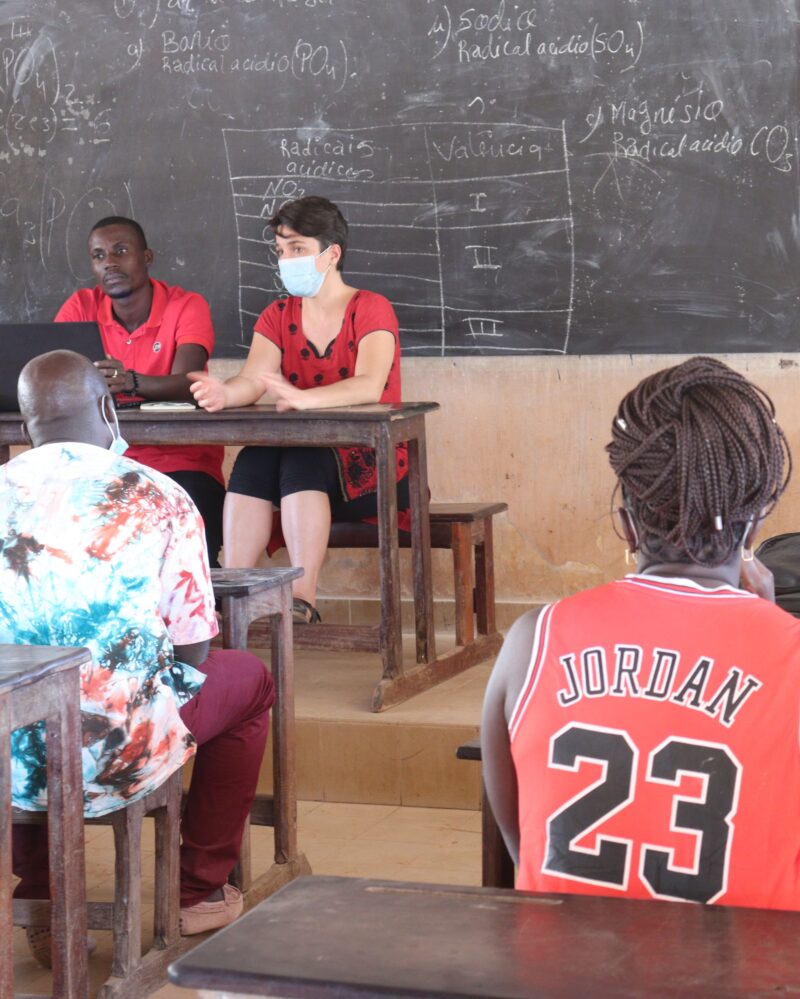“Limiting the Impact of COVID-19. A 3×6 Approach” is a 15-month emergency project, carried out by ENGIM in collaboration with the government of Guinea-Bissau, with the financial support of the government of Japan and UNDP Guniea-Bissau.
The intervention was carried out in the Plubá district, in Bissau, and it is part of the “Blue Economy as a Catalyst to Green Recovery” project, whose goal is to limit the impact of the COVID-19 pandemic in the most affected communities through the promotion of the Blue Economy as a catalyst for the green recovery.
The Plubá neighborhood, like many other neighborhoods in Bissau, has been heavily affected by the pandemic, which has caused many difficult situations in terms of high levels of poverty, hunger and high numbers of human losses.
The project involved the residents of the neighborhood and had 3 phases of implementation: community work; training in the field of entrepreneurship; financing of income-generating activities.
A total of 300 beneficiaries of the project have been selected. These 300 people were divided according to their work, in detail:
150 people involved in raising awareness and waste collection
50 people involved in the reconstruction works of the school
100 people involved in the construction work of the market
All the people directly involved in carrying out the project activities have obtained several advantages, in particular:
● training for economic empowerment, through orientation towards the design of a business plan that can generate income and benefits in the short term;
● economic contribution for participation, divided as follows: a part was provided as a refund to facilitate effective participation in the works, the other part was intended for savings.
The savings were added to the fund made available by the UNDP, for a total amount of approximately 800,000 CFA francs, and it was used to invest in entrepreneurship training for selected and previously supported companies.
The direct beneficiaries of the project have been carefully chosen in the Plubá neighborhood, Antula, Flelé, Massacobra and other neighboring areas.
The community work was divided as follows:
1- Waste collection and awareness
2- Reconstruction of the “Guerra Mendes” school
3- Construction of the Cabaceira market which, due to inconveniences, was replaced by the Empantcha market.
The project “Limiting the Impact of COVID-19. A 3×6 Approach” promotes financial inclusion and diversification of the means of subsistence of the residents of the Plubá district and surroundings, through the allocation of a monthly allowance paid through mobile banking and the remuneration for the community work carried out by the beneficiaries. It contributes to the achievement of Sustainable Development Goal 11 – Sustainable cities and communities, thanks to the awareness campaign on the cleaning, removal and treatment of waste in homes and in 7 districts of the capital. Goal 4 – Quality education for all, is also among the priorities. For this reason, the Guerra Mendes school in the Plubá district was restructured, allowing for better teaching conditions and making it possible to increase the number of students attending the courses.
In terms of economic and social emancipation, especially for women, the “feira de Empantcha” market was built, which allowed female traders to increase sales and, at the same time, to acquire greater autonomy and social participation.
Project Impact
This project has had a positive impact on the life of the beneficiary populations: new ways to create jobs and hire young people have been designed, women have had the possibility to develop their economic activities and the school involved has more space and is therefore able to accommodate a greater number of students.







